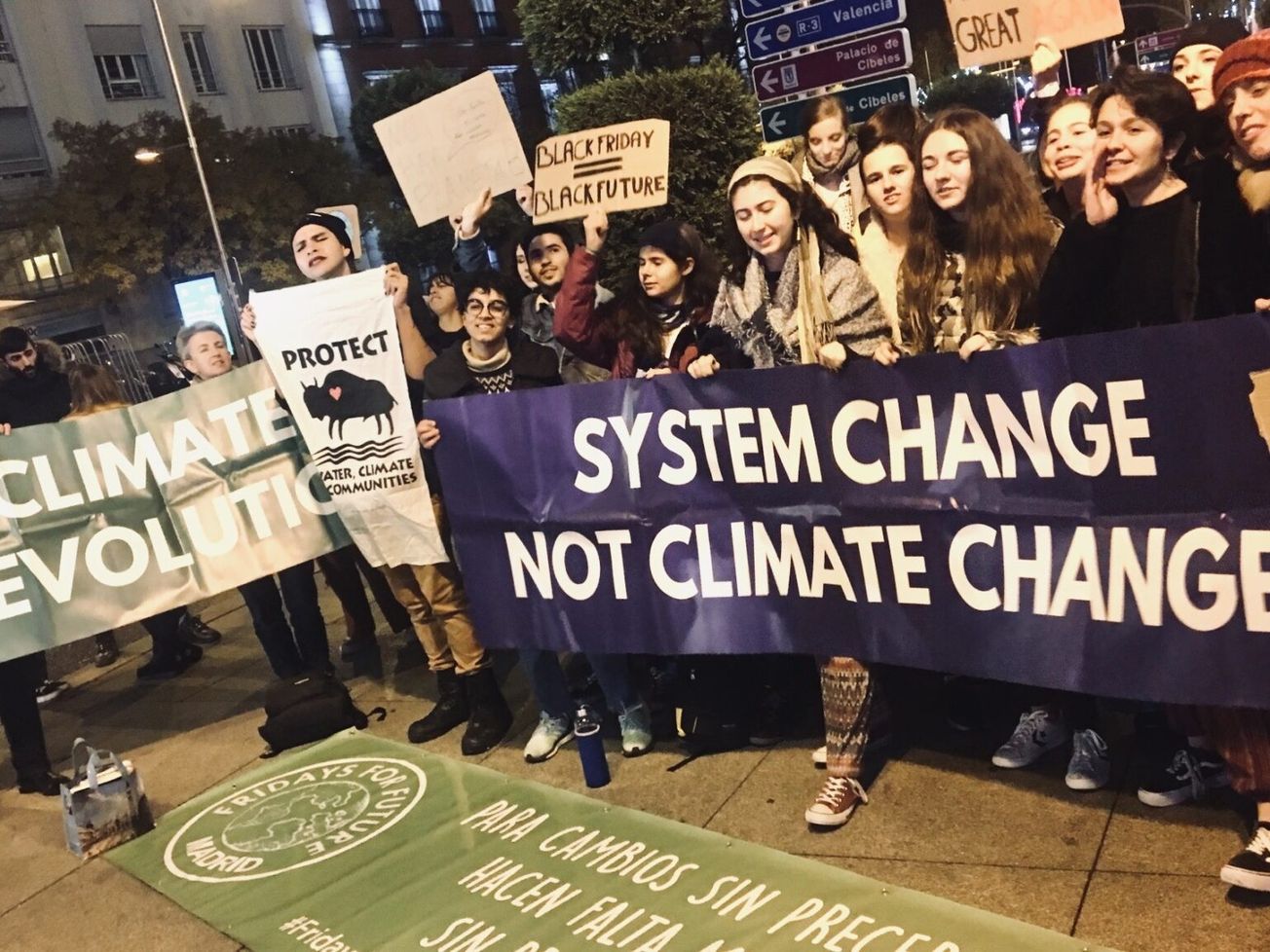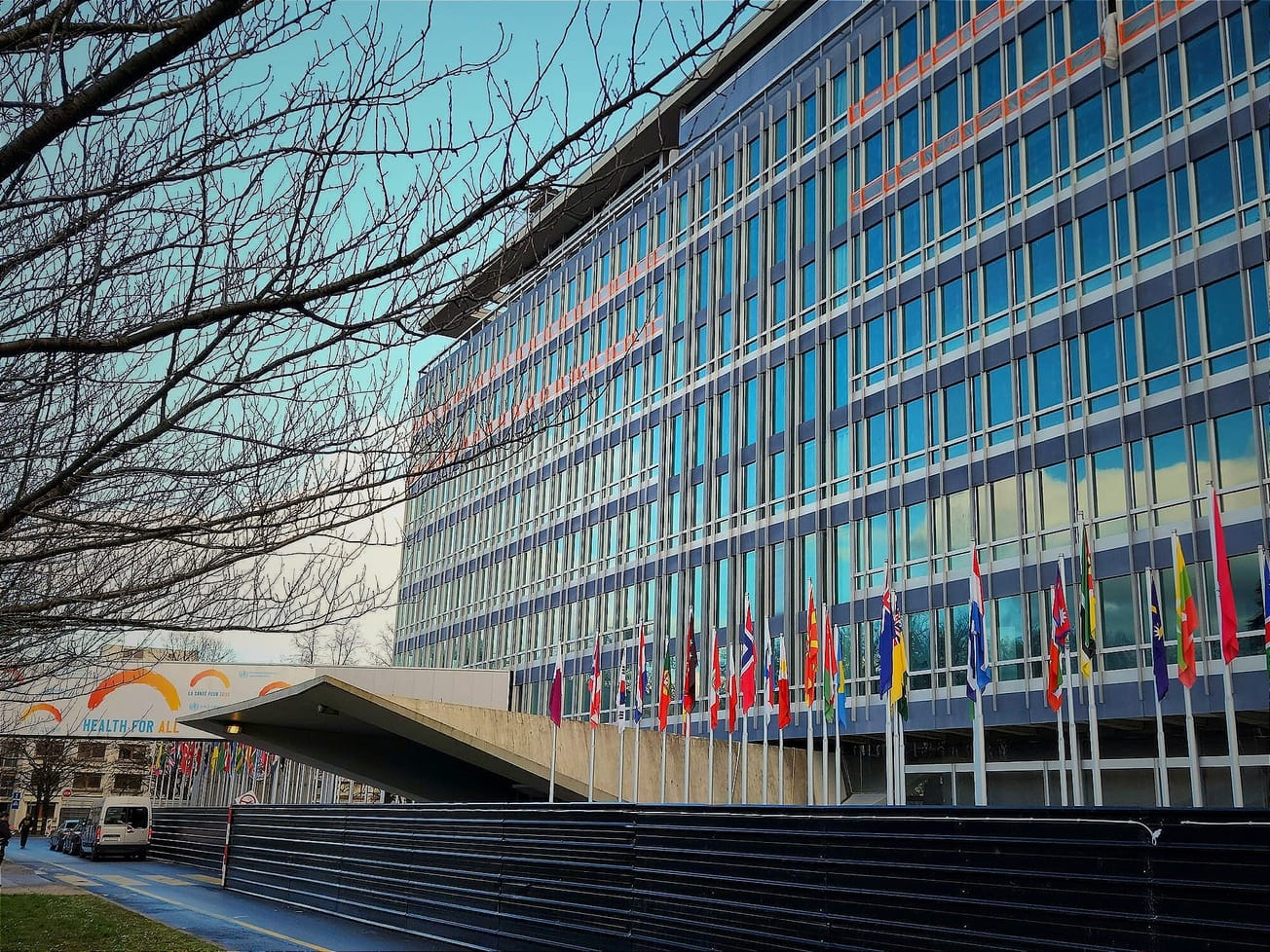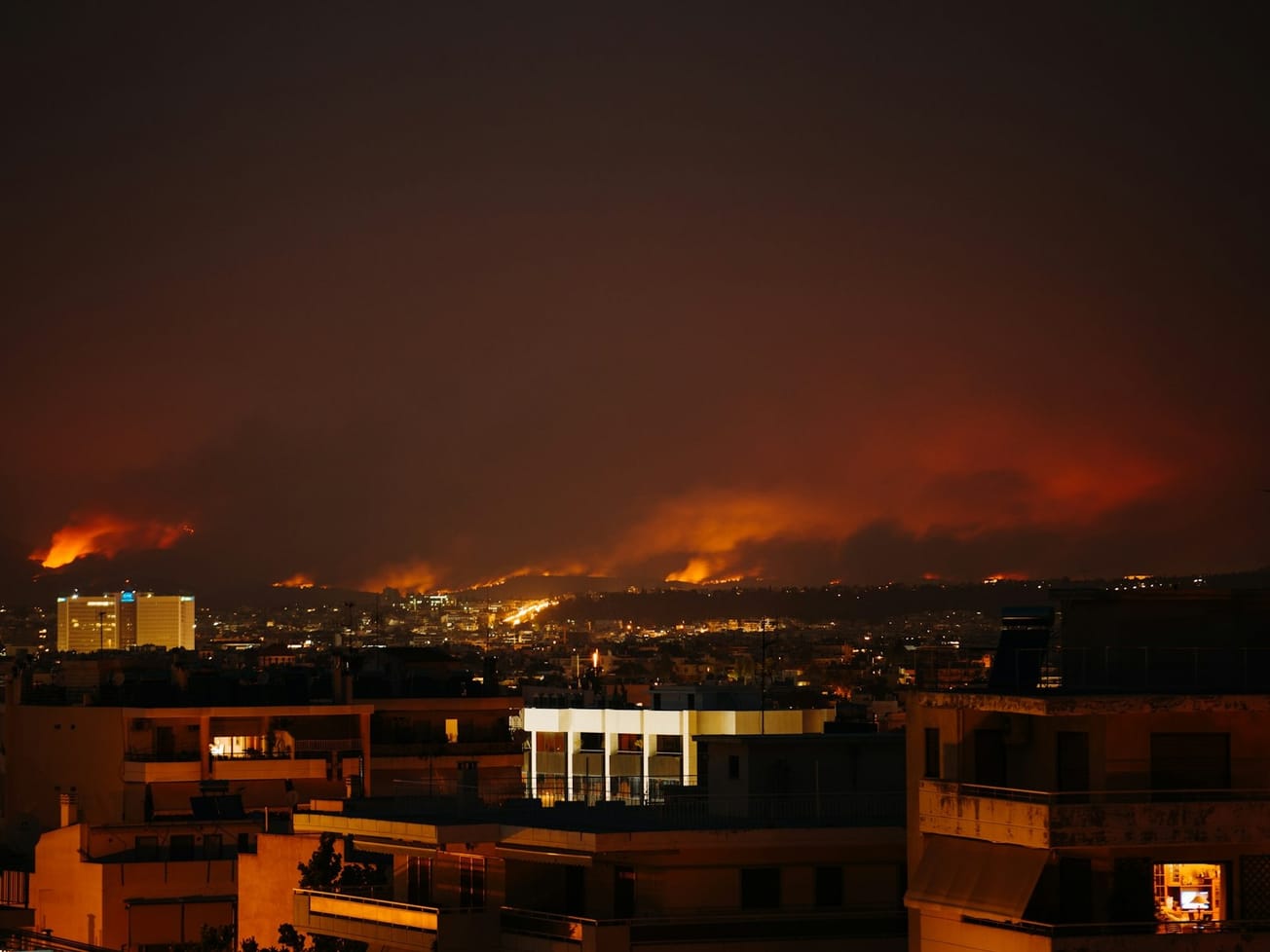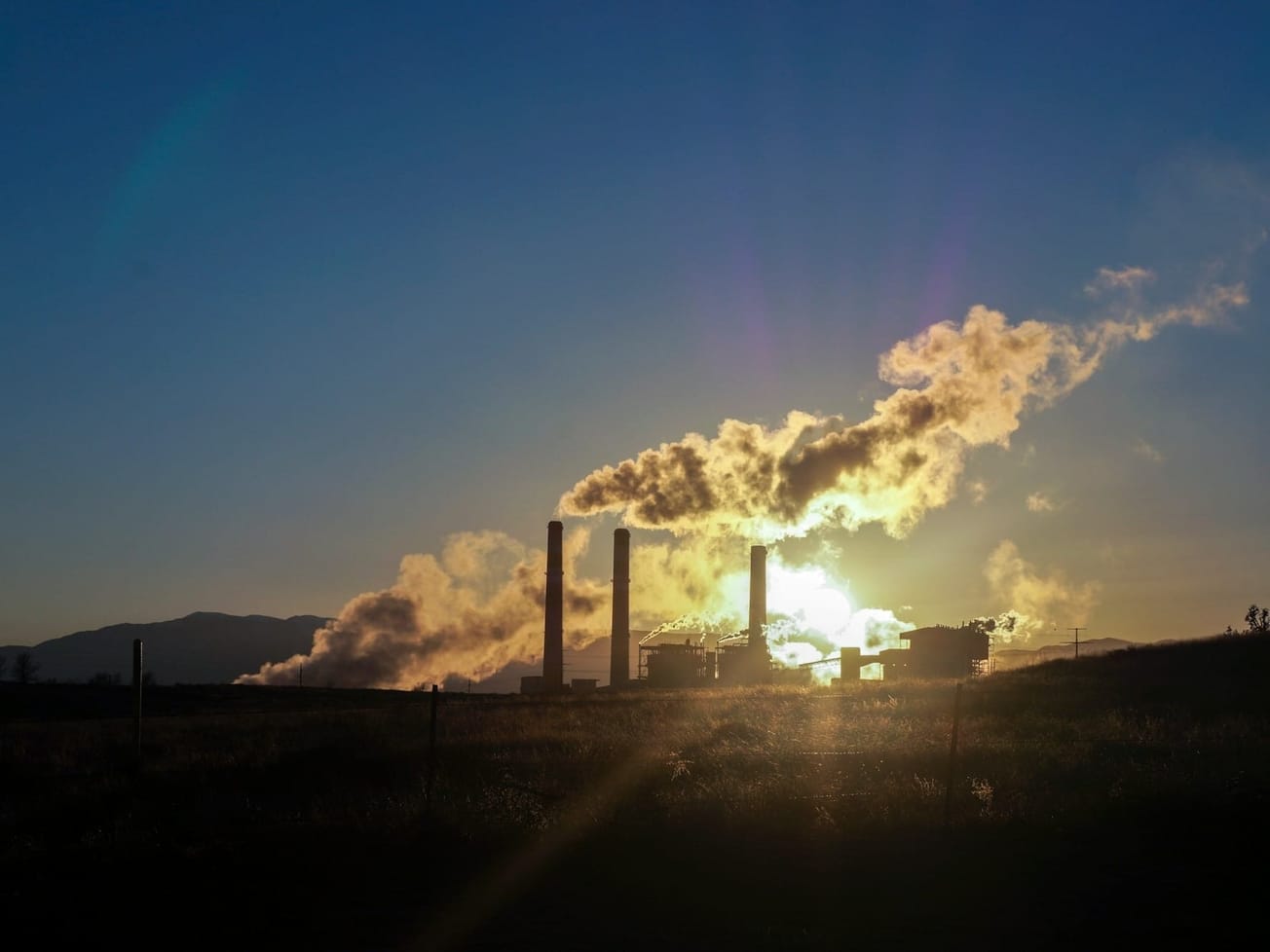The United Nations' annual climate summit planned for November will be postponed for a year due to the coronavirus pandemic, the two co-hosts, Britain and Italy, and the world body announced on Thursday.
It was rescheduled for November 1 to 12, 2021, in Glasgow, Scotland, after a virtual meeting among regional representatives of the Conference of Parties to the U.N. Framework Convention on Climate Change, or UNFCCC, which serves as the platform for the summits, known as COPs.
Britain's business minister Alok Sharma, who serves as president of the 26th session of the COP, or COP26, said the organizers are working with international partners on an "ambitious roadmap" to fulfill the 2015 Paris Agreement goals of preventing average global temperatures from rising more than 2 degrees Celsius above pre-industrial levels, or 1.5 degrees C. if possible.
"While we rightly focus on fighting the immediate crisis of the coronavirus, we must not lose sight of the huge challenges of climate change.," he said in a government statement. "The steps we take to rebuild our economies will have a profound impact on our societies’ future sustainability, resilience and well-being, and COP26 can be a moment where the world unites behind a clean resilient recovery."
Among those advising Sharma and the rest of the organizers, he noted, are the governments of France, Barbados, Chad, Australia, India and Peru, along with Selwin Hart, the U.N. secretary-general's special adviser on climate action, Eric Garcetti, the mayor of Los Angeles, and Sharan Burrow, the International Trade Union Confederation's general secretary.
Italy's environment minister, Sergio Costa, said that in 2021, his nation will use its presidency of the Group of 20 major economies, and Britain will use its presidency of the Group of Seven rich democracies, to "increase ambition and mobilization" of the international community.
On Tuesday, two U.K. officials, COP26 envoy John Murton and COP26 lead negotiator Archie Young, wrote a letter to UNFCCC colleagues laying out the government's plans to postpone the summit.
"The primary considerations were to safeguard the health and safety of COP26 participants, to ensure inclusiveness and maximize the potential to build climate ambition," they wrote. "Our consultations also revealed unanimity that the postponement of COP26 should not mean postponement of climate action."
'The other serious global crisis'
The U.N. climate summit in Madrid last December ended without resolving a key issue of how to put a price on carbon emissions and only partial agreement from almost 200 nations for more ambition in cutting greenhouse gases.
It was undermined from the start by U.S. President Donald Trump’s decision to withdraw the United States, the world’s second-biggest carbon polluter behind China, from the landmark Paris accord. Postponing the COP26 summit for a year also means that if Trump loses in the November 3 U.S. presidential election, his 2020 opponent, former Vice President Joe Biden, can immediately rejoin the Paris treaty as he has promised.
Almost 200 nations attended Madrid's COP25 summit organized under the UNFCCC, the international treaty launched at the landmark 1992 Earth Summit in Rio de Janeiro that galvanized the modern environmental movement. The treaty entered into force in 1994 and now includes 197 nations and territories.
The marathon session in Madrid produced more acrimony than accomplishments, despite running two days past its allotted 12 days to become the longest-running COP ever held. Nations merely agreed to another declaration promising to cut more emissions of carbon dioxide, methane and other heat-trapping gases, and to designate money for small islands and other countries most vulnerable to climate change.
Youthful protesters and veteran diplomats alike felt bitterly frustrated and angry. Swedish teenage climate activist Greta Thunberg, who joined a half-million marchers in Madrid, said the global protests led by her Fridays for Future movement "achieved nothing” because nations were still not doing enough.
Scientists say the world is now on track for at least 3 degrees C. of global warming that would unleash flooding of coastal cities, upend agriculture and bring vast melting of glaciers and polar regions.
Carolina Schmidt Zaldívar, Chile's environment minister and COP25 president, said the better that governments handle the COVID-19 pandemic, the quicker they will be able to turn to "the other serious global crisis" of an overheating planet. U.N. leaders bore similar messages.
“Our efforts to address climate change and COVID-19 are not mutually exclusive. If done right, the recovery from the COVID-19 crisis can steer us to a more inclusive and sustainable climate path," said Patricia Espinosa, executive director of U.N. Climate Change, the secretariat for UNFCCC.
"We honor those whom we have lost," she said in a statement, "by working with renewed commitment and continuing to demonstrate leadership and determination in addressing climate change, and building a safe, clean, just and resilient world.”









